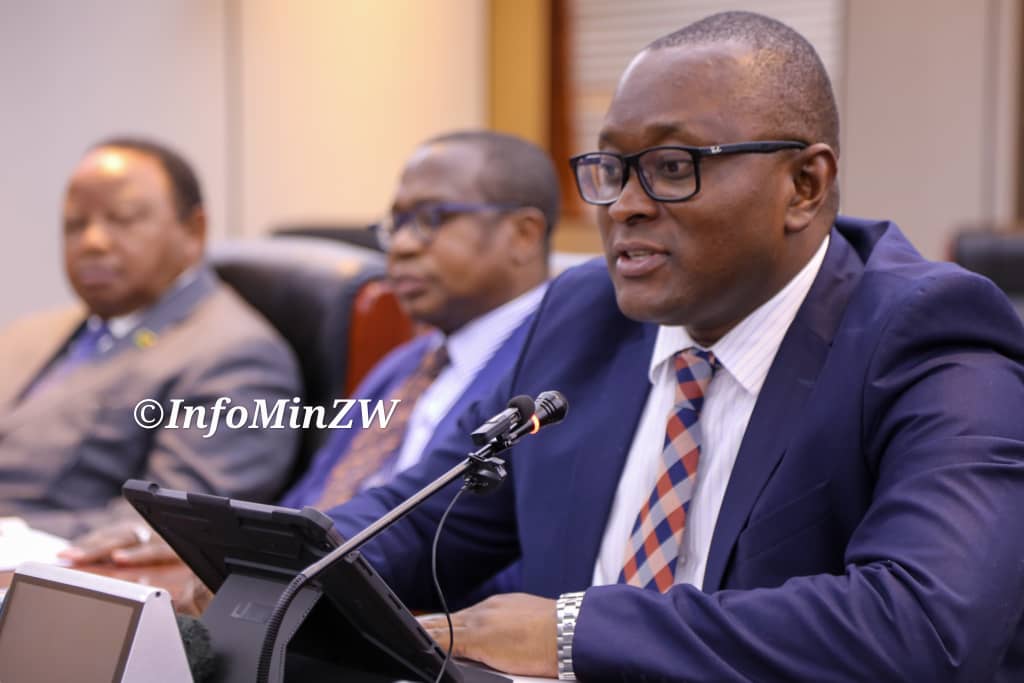RBZ sticks to 7.4% GDP growth in 2021
Share

Harare, February 18, 2021 (New Ziana) – The Reserve Bank of Zimbabwe (RBZ) on Thursday on its earlier 7.4 percent economic growth projection for this year, in spite of Covid-19’s devastating impact on the economy.
In its 2021 first half monetary policy, the central bank said the annual inflation is expected to close the year at 10 percent.
“The measured optimism is based on the expected significant growth of the agricultural output in 2021, as a result of the good rainy season, fiscal sustainability and the Bank’s focus on price and financial system stability,” central bank Governor, Dr John Mangudya said.
Zimbabwe’s economic performance, like the majority of the world, dipped last year as the coronavirus outbreak took its toll, impacting on trade and livehoods.
And while the world grapples to find a lasting solution to the pandemic, and Zimbabwe is implementing lockdowns to curb its spread, the central bank said it was implementing a cocktail of measures to ensure recovery and growth.
Among these is a review of the overnight accommodation rate to 40 percent from 35 percent per annum, while the medium term rate for productive sector lending is up to 30 percent from 25 percent.
“The decision on interest rates takes into account the current liquidity conditions in the market and the need to continue controlling speculative borrowing,” Dr Mangudya said.
While minimum capital requirements for banks remain unchanged, the central bank doubled statutory reserves for demand and call deposits to five percent from 2.5 percent while time deposits remain at 2.5 percent.
“The differentiation of statutory reserves by maturity is expected to incentivise banks to hold long-term liabilities or time deposits which will facilitate long-term lending in the medium-term,” the central bank chief said.
To maintain a stable inflation and exchange rate, Dr Mangudya said the central bank will reduce quarterly reserve money growth by 2.5 percentage points to 22.5 percent.
Meanwhile, the central bank doubled the weekly cash withdrawal limit to $2 000 and said it will soon introduce a $50 denomination.
Mobile banking limits however remain unchanged at $35 000 per week.
“This measure will enable the transacting public to continue conducting small transactions using cash, whilst large transactions are conducted through electronic banking,” Dr Mangudya said.
He said efforts to ensure price and financial sector stability required “team effort by all Zimbabweans to enhance self-discipline and compliance, and to cherish economic progress.”
New Ziana









